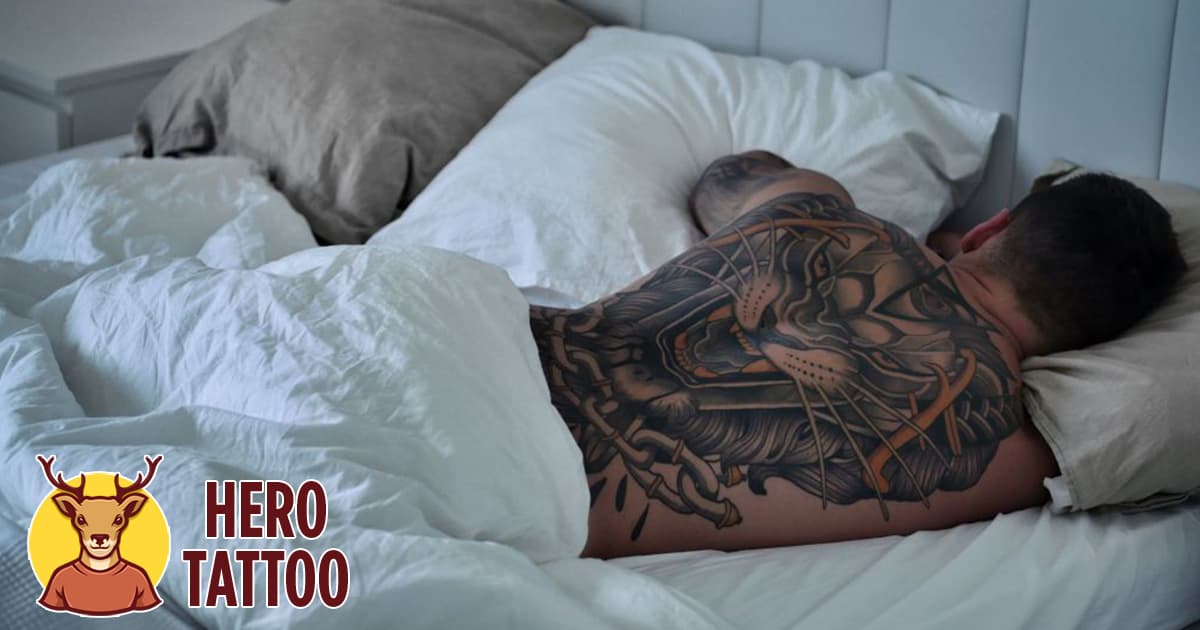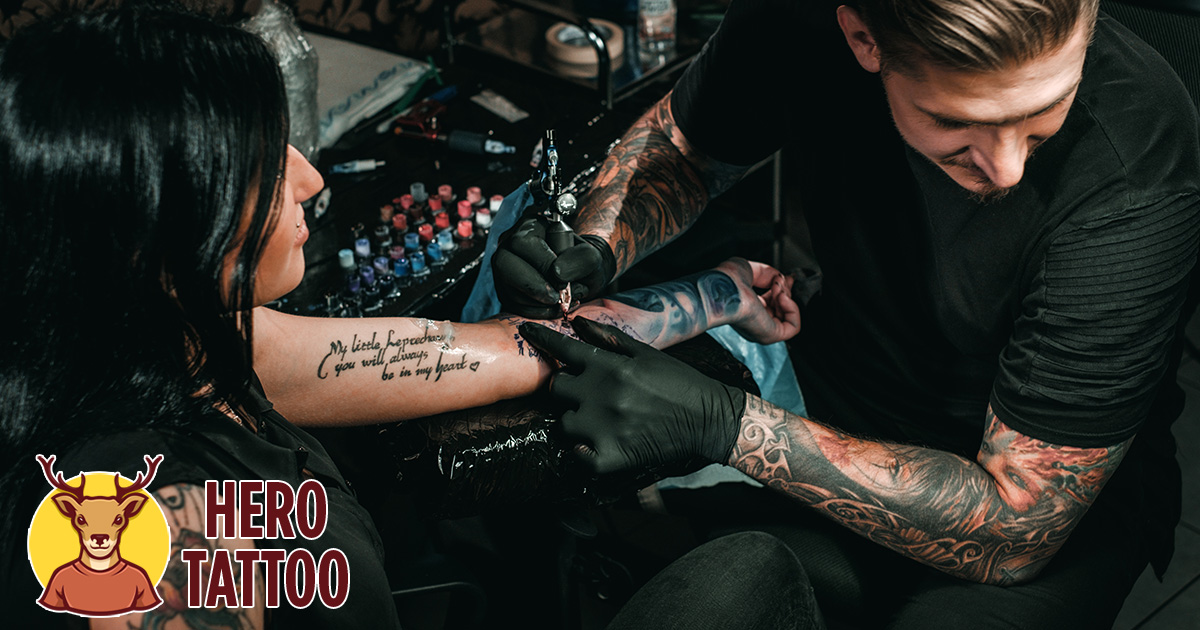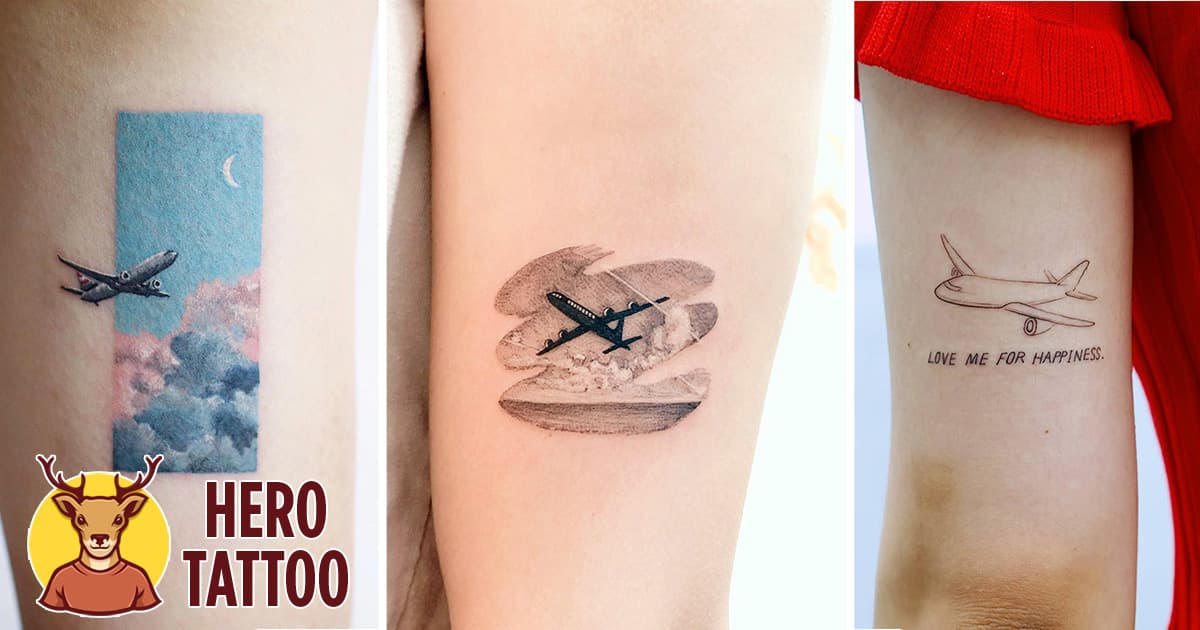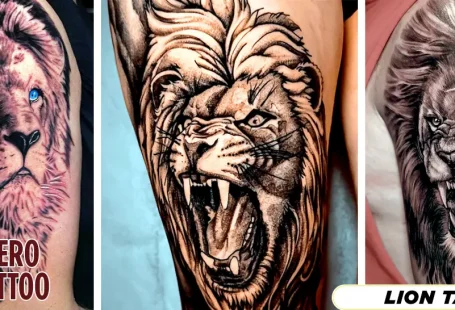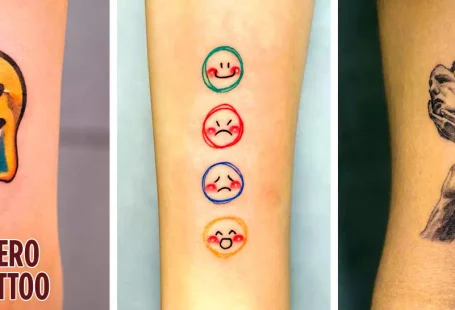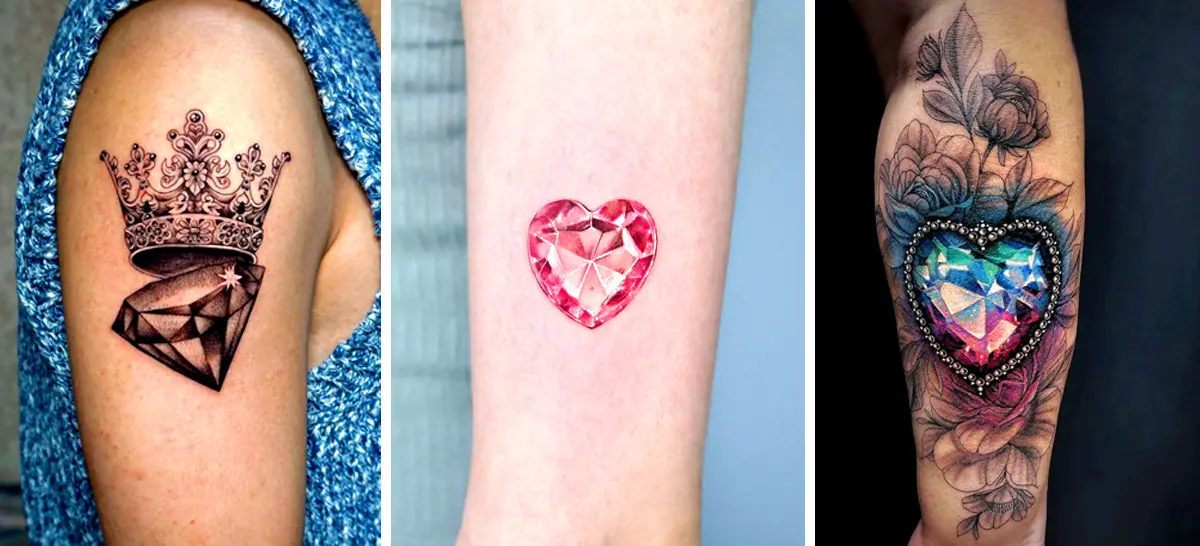Do you have a new tattoo on your body? Congratulations! You may now take pleasure in flaunting it as it assists you in identifying with your abilities and purpose. If this is your first tattoo, you may be concerned about dealing with it and how to give proper aftercare once you get home. When it comes to tattoo maintenance, there is a wealth of knowledge available, but there is little to no information available on how to sleep with your tattoo without worrying.
The skin around the new tattoo is frequently swollen and covered with a bandage or a pleasant adhesive wrap, which helps to reduce the swelling and inflammation of the skin. Because of this, it can be excruciating for people who sleep on their side, where the tattoo is visible at night.
Not to worry, we’ve produced a guide with excellent suggestions to help you sleep soundly with your tattoo and avoid the fear of waking up in severe agony in the middle of the night.
Additionally, we prepared additional recommendations to educate you on how to prepare your bedroom for sleeping with a tattoo, which is especially important if you decide to be inked during the summer when it is hot. It is already challenging to sleep in the heat of the summer months.
A tattoo wound is distinct from other types of injuries. The ink will be injected into the outer layer of your skin by your tattoo artist, who will use a needle to do so during the tattooing process. In other words, while it may not appear to be painful at first, you will notice that it becomes progressively difficult to deal with your tattoo as the painkilling gels and medications begin to wear off.
According to research, if we do not provide sufficient aftercare for our tattoos and clean them regularly, we risk developing a severe bacterial infection. Such an infection might not only cause the healing process of a new tattoo to be slowed, but it could also cause all of the tattoo artist’s hard work to be rendered insignificant.
While we are asleep, we cannot provide complete care for our tattoos. When we cannot control our surroundings, we can prepare our environment and make modifications to make our bodies more comfortable while resting, helping us recuperate more quickly.
This means it’s critical to be mindful of yourself and your tattoo while also paying attention to the advice of your professional tattoo artist, especially if you’re prone to sleeping in unusual positions, such as on your stomach or if you frequently toss and turn in the middle of the night.
How To Sleep With A New Tattoo?
We guarantee that these suggestions will assist you in getting a good night’s sleep without being disturbed by pain or discomfort. If anything, you’ll feel more energized when you wake up, and the tattoo wound will feel nicer on your skin.
1. Continue to wrap your tattoo throughout the night
Some tattoo artists recommend that you remove the film or adhesive wrapping after a few hours, once you have returned home or after taking a shower. Maintaining the bandage throughout the night is preferable to allowing the new wound to begin to heal itself as soon as possible.
It may be wise to inquire with your tattoo artist about where you can purchase more wraps so that you can replace them if required. One of the most effective methods of changing the wrapping is by cleansing your tattoo with antibacterial soap. Applying a fresh wrap that will set overnight will allow your wound to breathe and heal gradually.
Also Read: Where to Work and Show Off Your Tattoos?
Notes from the editor:Your adhesive wrapping should be breathable, waterproof, and constructed of hypoallergenic materials to ensure effectiveness. To avoid an adverse reaction to anything you weren’t aware of due to your newly inked tattoo.
Invest in an ample supply of tattoo aftercare bandages and wraps so that you can easily change the wrapping the next day if necessary. Saniderm, in our opinion, is the best product available on the market.
2. Sleep on the other side of the body from where the tattoo is
This one appears to be self-explanatory. Although this advice is sound, many people who toss and turn are unlikely to heed it, and they may continue to sleep on the side where they were tattooed.
It’s ideal if you sleep on your left side. on the opposite side of your body from where you got your tattoo. For those who have a back tattoo or have tattoos on the backside of their arm or leg, sleeping on their stomach or side is recommended.
Considering that most individuals tattoo the front of their bodies, it is recommended that they sleep on their backs to prevent squashing their wounds and creating bleeding or infection.
Notes from the editor:
Many individuals believe that spending one night isolated in their sleeping quarters is sufficient. Tattoo aftercare and healing, on the other hand, require more time than a single night. If possible, avoid sleeping on the inked side for at least 7 nights after getting the tattoo. If you find this impossible, at the very least, be patient until the tattoo begins to dry off and you no longer need to wear the wrap over your wrist.
3. Make use of Tattoo Wipes
Tattoo wipes are a vital tool for tattoo healing and aftercare; therefore, it’s crucial to keep them on hand at all times for quick access. They’re pretty helpful to have in your bed or on your nightstand, especially after a few nights have passed and you’ve removed your bandages and wraps from your wound.
They utilize antibacterial and hypoallergenic products to help remove the pus or other fluid that may come out of your tattoo if it becomes infected or infected by anything else. They will also relieve considerable pain if you wake up with a burning feeling.
Throughout the day, you should clean your tattoo using wipes regularly. If you wake up in the middle of the night with agony and the sensation that your wound is burning, you will be able to offer yourself the most effective comfort possible.
Notes from the editor:
We recommend either the Clorox disinfection wipes or another specifically designed product for cleaning tattoos, such as Wipe Outz, both of which are more expensive.
4. Getting an Appropriate Night’s Sleep
Getting enough sleep is one of the most crucial considerations to keep in mind. Adequate sleep allows us to remain aware throughout the day and will enable us to heal our muscles and tissues during the night, owing to the deep and restorative sleep we receive.
When fatigued and stressed, our bodies release more cortisol, which contributes to irritation and a reduced capacity to tolerate discomfort. When you’re well-rested, even the most commonplace duties won’t stress you out, and the pain will be less challenging to deal with during the day.
We are well aware that it is difficult to sleep and remain quiet during the night, even if it is only long enough to ignore the discomfort that becomes more obvious when we concentrate on it. With the aid of the other suggestions in this article, you should have an easier time falling asleep in the coming days.
Notes from the editor:
Practising meditation before bed will help you concentrate your mind on more unique and relaxing things.
More information on how to sleep with a new tattoo and how to prepare your bedroom for sleep may be found here.
Make sleep a priority, limit socializing, and fill your schedule with mentally and physically demanding tasks. the first seven days of your recovery period, make it a time for you alone.
5. Don’t let your pets into the house
We adore animals, and we’re confident that you do as well. Indeed, paw prints and images of dogs provide an eternal source of inspiration for new tattoo designs. Your new tattoo, on the other hand, may not be a fan of your dogs, especially if they have a habit of leaving their hair on the covers when they come in.
We discussed before how vital it is to keep your bedroom clean and how necessary it is to clean and cover your tattoo using antibacterial and hypoallergenic materials to prevent infection. Your wound is open in a way, and we need to avoid the entry of microorganisms and bacteria into your system, which can occur through the ingestion of dog or cat hair, among other things.
Unfortunately, your canine companions will have to be patient for a few days, but this is only a brief inconvenience.
Notes from the editor:
If your pet is stubborn and insists on hopping on your bed throughout the day, toss and flip your bedding and rotate it regularly to ensure that the tenacious hair is removed from the bed linens.
6. Avoid ingesting alcoholic beverages and cigarette products
Although alcohol can be an effective pain reliever in some situations, it will not work with your tattoo. Instead, it has the potential to be counterproductive. When we drink alcohol in the morning, we may feel more sleepy. Additionally, people who consume alcoholic beverages may be less tolerant of discomfort, resulting in their tossing and turning in their sleep and failing to concentrate on sleeping properly.
According to a recent study, drinking alcohol can harm your sleep quality and prevent you from getting an acceptable quantity of sleep. To avoid this, you should avoid drinking in the evening, especially if you have had a fresh and painful tattoo.
Even if you don’t have any visible scars on your body, waking up intoxicated and hungover the next day might be difficult. Consider what it would be like to have a new tattoo wound that had only been created the day before. If possible, wait at least 7 days before drinking and celebrating.
It would be beneficial to refrain from smoking excessively, as this might impair your pain tolerance.
7. Frequently sanitized
The importance of cleaning and moisturizing your tattoo regularly during the early stages of the healing process cannot be overstated. Your skin needs nutrients to heal more quickly, and these nutrients are provided by the nutrients in your tattoo. Following the removal of your wraps, there is a possibility that your bed and mattress will cause your tattoo to dry out.
Always clean your tattoo and moisturize it using antimicrobial moisturizers created from hypoallergenic ingredients to keep it looking new. It would also be beneficial if the moisturizer did not have a strong aroma to not irritate you at night.
Notes from the editor:
It would also be beneficial to use a painkiller cream that does not include aspirin, which will spread around your tattoo and reduce the amount of discomfort you feel. This is most likely something that will make the sleeping procedure a lot more manageable.
If your tattoo dries out and becomes glued to your bed sheet or pillowcase, do not take it out aggressively or tear the sheet away from your body. Take a trip to the toilet and wash your tattoo with tepid water to remove the cloth from the wound created by your tattoo. This applies only to people who are in the process of healing and who begin sleeping without the bandage.
8. Improve the Look of Your Tattoo
If your tattoo is on your leg or arm, it’s a good idea to use a cushion or an additional blanket to provide support for your arm or leg while you’re getting it done. Fixing your wound in one place will help keep you from twisting and tossing while also reducing the danger of injury to your damage by adhering to the cloth using glue. So that you can sleep better at night and not have to worry about potential mishaps, this is the best option.
Read More:
- What The Meaning of a Teardrop Tattoo?
- Best Fox Tattoo Designs and Meanings Ideas For 2022
- How Long Will Your Tattoo Be Painful?
- 60+ Cool and Trendy Behind The Ear Tattoo Designs
- Over Moisturizing Tattoo: What It Is And How To Fix It
Instructions on how to prepare your bedroom for sleep while sporting a new tattoo
Tips to assist you in getting some deep sleep after being tattooed are excellent. Still, if we prepare our surroundings for the next difficult night, we can even have an easier time falling asleep and waking up more refreshed the following morning. Make sure your sleeping quarters are ready.
Get a fresh set of sheets
Changing the sheets and pillowcases regularly while making sure they are composed of silk or cotton will make a variety of issues much more manageable. A breathable, flexible, and comfy material will keep you from sweating through the night, especially if you’re sleeping in the summer, and it will also keep your tattoo from being inflamed while you’re sleeping.
Notes from the editor:
The first few nights after getting a new tattoo will be chaos. You should use old bedding if there is little blood, pus, or any other fluid present. That way, you won’t feel awful about messing up.
Obtain sheets that are darker in color, preferably black. There will be a lot of ink, and it might permanently stain your favourite bedding.
Maintain the temperature of your space
One of the most effective strategies for obtaining a good night’s sleep after having a tattoo is to keep the room’s ambient temperature as cold as possible during the night. When it comes to the summer months, when you’re more likely to sweat, this assertion should be doubled by ten.
The optimal temperature for sleeping ranges from 65 degrees Fahrenheit to 73 degrees Fahrenheit, depending on the season and the time of day.
Notes from the editor:
If it’s chilly outside and you want to keep your room warm, always use covers made of organic and breathable materials to keep the space warm. Synthetic blankets should not be used since they may aggravate your tattoo wound.
Reduce the amount of background noise
Last but not least, when we’re in pain, we’re easily annoyed, with even the most insignificant of daily difficulties causing us to lose our cool. Noisy environments are well-known for making people feel angrier and wearier, which can make you feel even more frustrated and exhausted when caring for your swelling tattoo wound at night. Before going to bed, listen to some soothing music and ensure that most of the noisemakers in your environment are turned off.
Notes from the editor:
Before going to bed, try utilizing a white noise machine or listening to some pink noise melodies on YouTube to help you relax before bed.
Dress in comfortable clothes
Last but not least, you must prepare yourself for bed. If you have a tattoo, you can’t sleep in anything, especially if your clothes are made of polyester or another synthetic material that might cause you to sweat excessively and cause your tattoo to become moist.
For this occasion, dress in a loose-fitting garment or a gown made of silk or cotton. Stay away from synthetic fabrics and lace. When it comes to comfort, wearing garments made of viscose can be beneficial in some situations. Nevertheless, it should be avoided if you are prone to excessive perspiration. Keep in mind to wear loose or baggy shirts or shorts, while a broad gown may be the ideal option if you’re a lady.
Notes from the editor:
If you have had a significant section of your arm removed, some individuals advocate sleeping in a long-sleeved shirt to ensure that the fluids dripping from your wound do not get into your bed. That is also OK as long as the shirt is made of breathable material and is broad and comfortable for you to wear.
